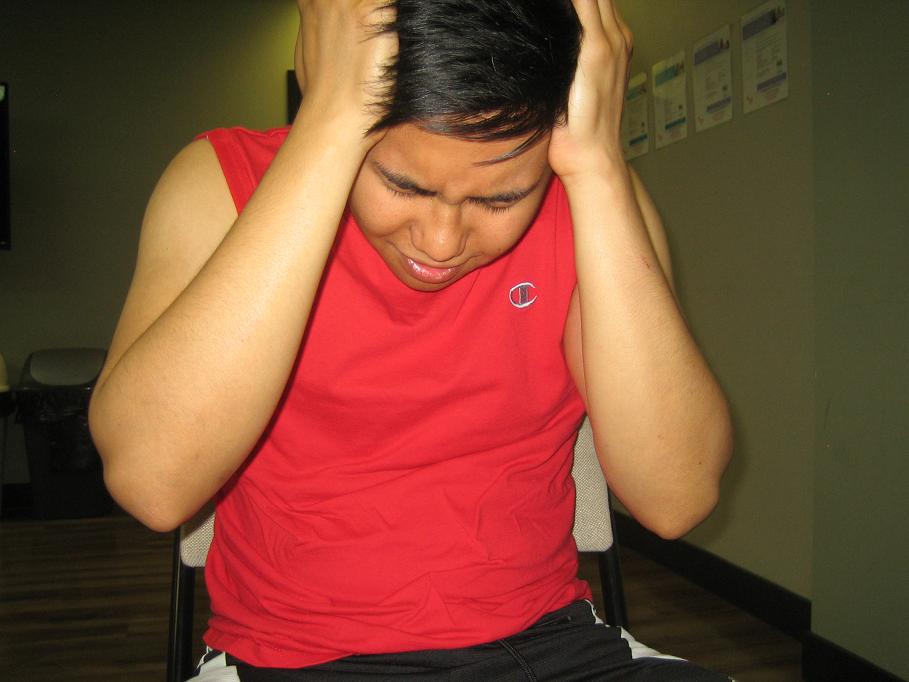

This means you should avoid exercising in the two hours before bedtime. Regular exercise is recommended, but strenuous exercise right before bedtime isn’t because it can cause blood glucose to drop overnight. Eat a healthy, well-balanced dinner every night and pay attention to portion sizes. Skipping dinner or having only a light supper is one of the most common causes of nighttime dips in blood sugar, Rodbard says. “The body can get desensitized to it.” People with hypoglycemia unawareness are also less likely to wake up as a result of nighttime dips in their blood sugar. “It’s a dangerous condition because people can’t tell when their blood sugar has dropped, since they may not have symptoms,” Dr. Talk with your doctor about ways to recognize nighttime hypoglycemia, especially if you think you may have difficulty detecting it. However, some people experience what’s referred to as “hypoglycemia unawareness,” which means that they don’t feel the symptoms of low blood sugar. With nighttime hypoglycemia, you may wake up with these symptoms or with a higher blood sugar reading that results from the body’s response to an overnight low. They include shakiness, sweating, confusion, erratic behavior, headache, and lightheadedness. Symptoms of hypoglycemia usually develop when blood sugar levels drop below 70 milligrams per deciliter (mg/dl). Know the Signs of Low Overnight Blood Sugar This helps to identify the cause of a severely low blood glucose level and adjustments can be made to prevent future reactions.2. You should speak to the health care provider. Once the blood glucose levels become normal, you can resume with your own activities. This amount of food raises blood glucose into a safe range without causing high blood glucose levels called hypoglycemia. You should eat 10 to 15 grams of fast acting carbohydrate such as three to four glucose tablets, half cup fruit juice, and six to eight hard candies. Hypoglycemia treatment:īlood sugar levels should be tested as soon as possible and the treatment should not be delayed if equipment is not available. Use continuous glucose monitoring systems to provide information about glucose levels. Unsuspected nocturnal hypoglycemia can be detected by routine checking of blood sugar levels at 3 AM. You might be asleep, but sweating profusely and thrashing about. The diagnosis can be made by your bed partner. If you are suffering with nocturnal hypoglycemia, you will be awake at the time of the event and realize that you are low or you may awake later with a severe headache. Exercise can result in delayed hypoglycemic events. Eating snacks at bedtime is important when you had an exercise in the evening or in the late afternoon. Most nocturnal hypoglycemia episodes occurred with no snacks compared to any snacks. The frequency of nocturnal hypoglycemia can be reduced by regular glucose monitoring, taking appropriate bedtime snacks, and utilizing short and long acting insulin analogues. Various techniques can be used to reduce the nocturnal hyperinsulinemia which is associated with many insulin replacement plans. Hypoglycemia unawareness occurs in patients who take medications that stimulate insulin secretion. Frequent low blood glucose levels reduce the proportion of the hormones which produce symptoms of low blood glucose.

In patients who tightly control the blood sugar levels with insulin, hypoglycemia and hypoglycemia unawareness occurs frequently. Severe signs of hypoglycemia are loss of consciousness and seizures. As a result, the person cannot respond in early stages. When a person does not have the early symptoms of low blood glucose, hypoglycemia unawareness occurs. Repeated exposure to nocturnal hypoglycemia decreases cognitive function and leads to the development of “hypoglycemia unawareness”. If you have an event of nocturnal hypoglycemia, your mood and well-being are affected. These episodes cause convulsions and coma and have been involved as an important factor in cardiac arrhythmias resulting in sudden death. Nocturnal hyperinsulinemia occurs frequently with insulin therapy and although blood glucose levels are often low during sleep, they are rarely measured regularly.ĥ0% episodes of severe hypoglycemia occur at night during sleep. It is common in patients with type1 diabetes and is asymptomatic.Ī low blood glucose level that occurs when a person is sleeping disrupts sleep and often goes unrecognized.

Nocturnal hypoglycemia is defined as hypoglycemia occurring at night and is commonly known as hypoglycemia while asleep.


 0 kommentar(er)
0 kommentar(er)
